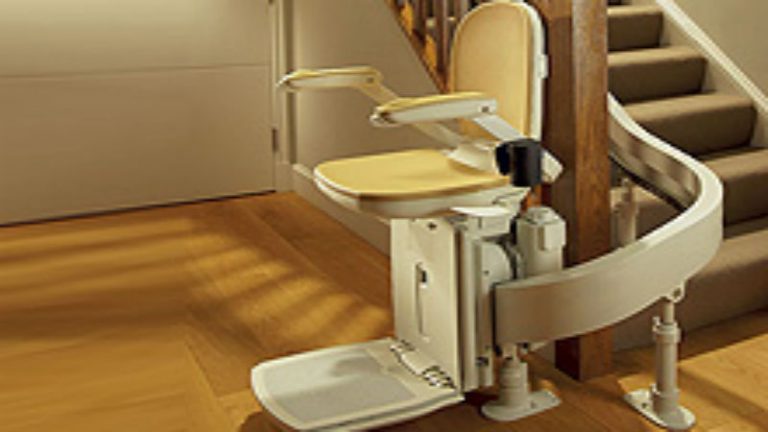What is the NCV?
Nerve conduction velocity testing is used to evaluate the damage and dysfunction present in your nerves, the Healthline explains. By studying the speed of the electrical signals as these move through your peripheral nerves, the test can pinpoint problems in your nerve fibers, myelin sheath or more.
Do I need the test?
This exam is often carried out along with an electromyography or EMG to make it easier to tell if the patient suffers from a disorder that affects the muscles or the nerves. Nerve conduction velocity testing identifies nerve damage while an electromyography can detect if something is wrong in your muscles, depending on the response it gives to the nerve’s stimulus. Patients who might be suffering from muscular as well as neuromuscular disorders like Guillain-Barre syndrome, injuries to the peripheral nerve, sciatic nerve problems, a herniated disk disease and more might need to undergo NVC.
How do I get ready?
Read through the list of instructions from your health care provider. If you have any questions or concerns, now is the best time to raise them. Ask them to clarify anything that might seem vague or hard to understand for you. Are you taking any medication or supplements? Let your doctor know. It would help if you wear loose clothing that’s easy to take on and off. Love putting on body lotion or oils? You’ll need to refrain from doing so days before the procedure.
What can I expect?
There might be a bit of discomfort during the procedure but it isn’t going to be painful. Expect a mild electrical shock since that’s going to stimulate your nerve. While you might need to take it easy for the rest of the day, you can easily resume your normal routine and activities the following day, so long as your doctor agrees.








